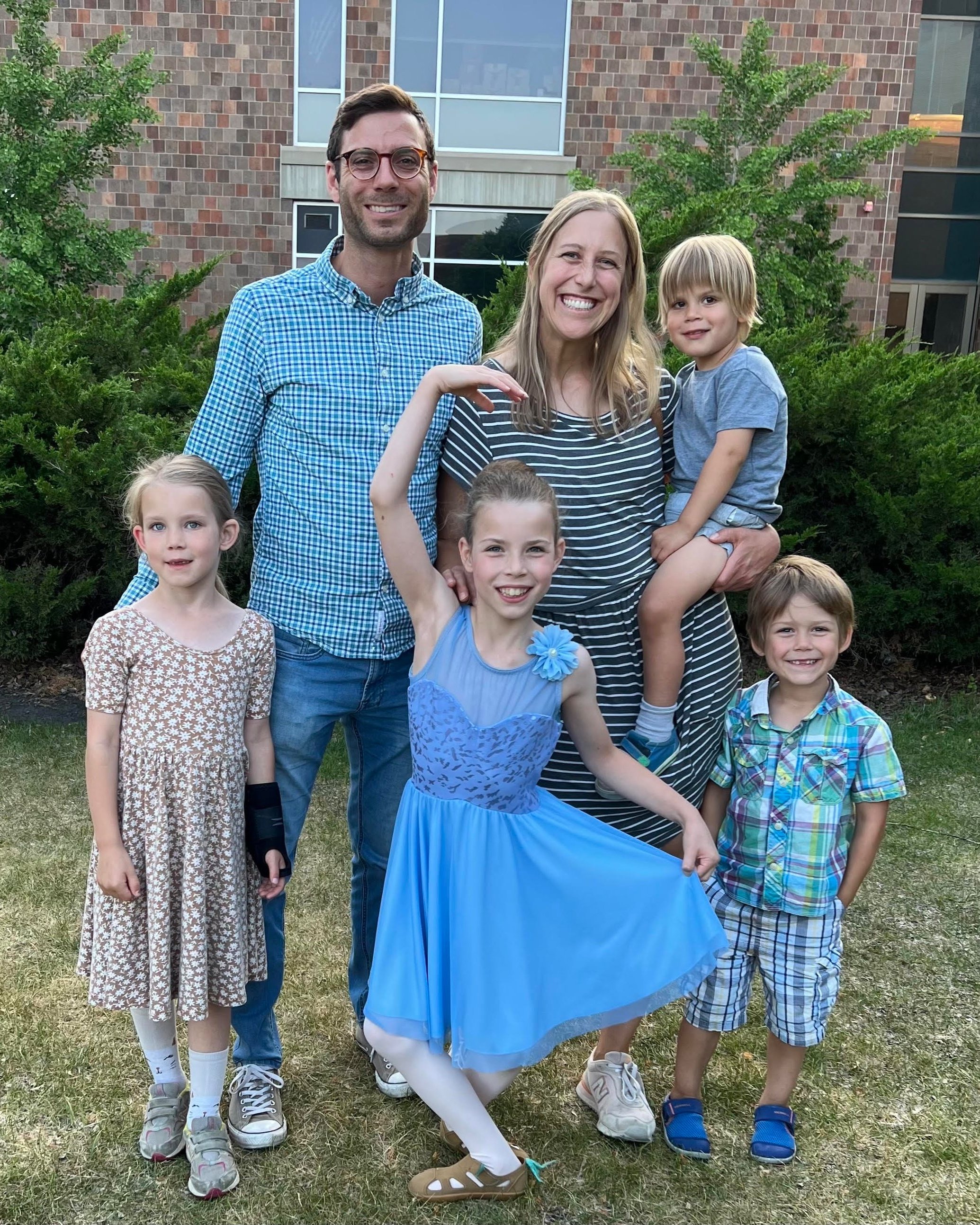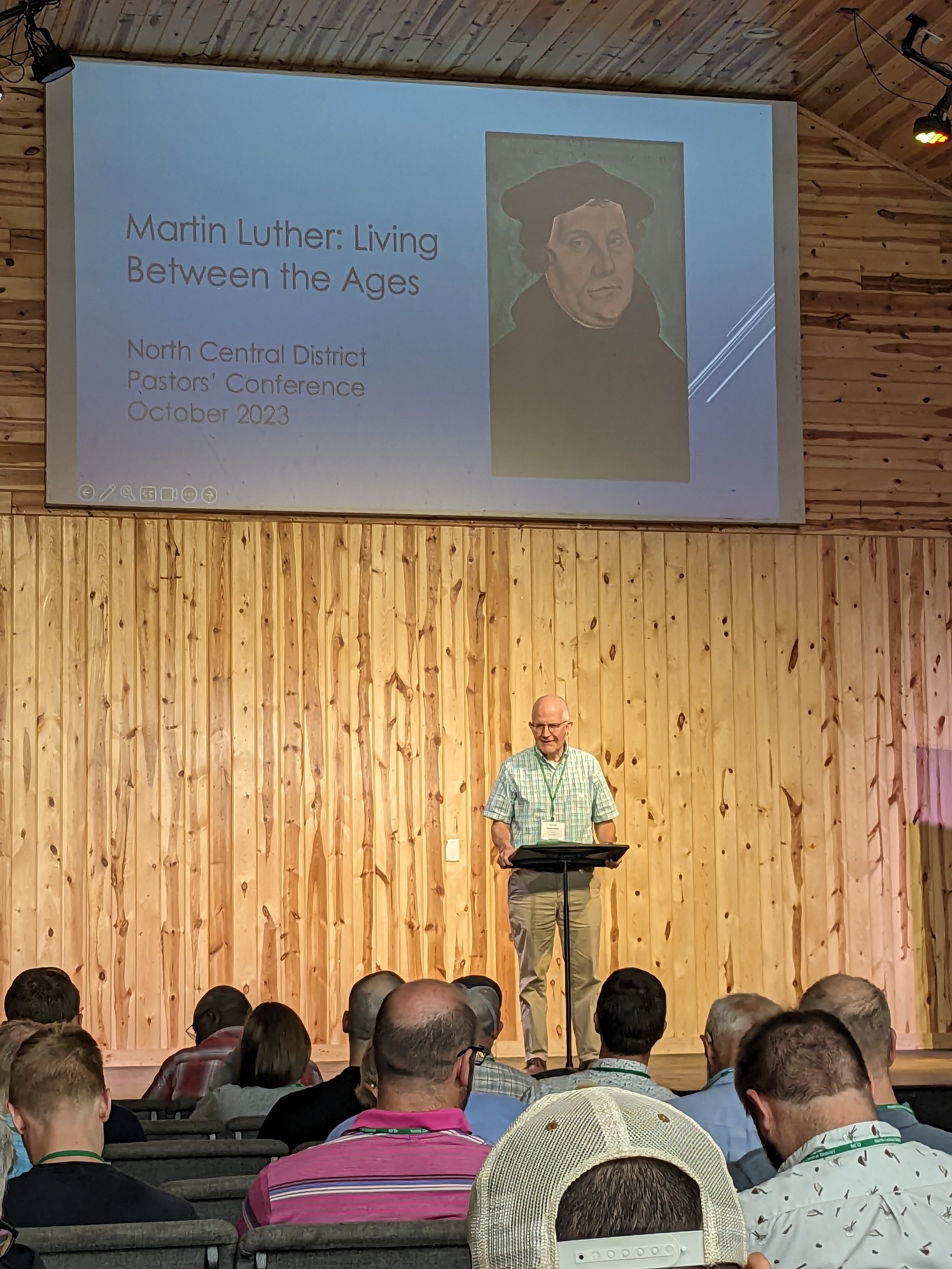A new sermon series begins this fall that is called The Church: God’s Restful People in a Restless World.
As our late-modern culture becomes more secular, our world is facing many challenges. We as well as our neighbors are exhausted from trying to keep up with the ever accelerating pace of life. Any shared meaning and purpose with our neighbors has been reduced to individualistic identities that result easily in division and make unity increasingly difficult. Our neighbors are lonely and isolated and the next generation is deconstructing their faith. All of these things make each day burdensome as well as the future less hopeful.
While we may hear many ideas and plans to fix these challenges, the Scriptures make clear that God has one plan to renew all things: to bring life to the world through the Church. As the increasingly secular world continues restless striving, God is forming a restful people through Jesus Christ.
This series will look at a variety of challenges our culture is facing and how the Scriptures tell us that God's mission in the Church is the answer to these challenges. Along the way, we will study key doctrines of the church and see their application in our current moment.
In many ways, this sermon series builds off of the series and resources from last fall (Blessed: Delighting in the Good Life).
Series Overview
God’s Mission for the Life of the World - Sept. 8
Our world has many challenges but the Church is still God’s mission for the life of the world.
John 6:41-51
A Sanctuary for an Exhausted World - Sept. 15
Our world is exhausted but the Church is a refuge for the weary.
Psalm 63
God’s Fullness in an Empty World - Sept. 22
Our world is often empty but God’s Word and presence fills the Church.
Ephesians 1:15-23
A Unified Gathering in a Divided World - Sept. 29
Our world is torn apart because of competing identities but the Church is a diverse and global faith in one Lord.
John 17:20-26
An Inviting Fellowship in an Isolated World - Oct. 6
Our neighbors are isolated and more people are dechurched but the hospitality of the Church is able to invite people into the deepest fellowship.
Hebrews 13:1-10
A Household that Builds in a Deconstructing World - Oct. 13
Our world is deconstructing faith but the Church is building faith in the next generation.
Deuteronomy 6:1-9
A Community of Servants in a Profiting World - Oct. 20
The world centers much of life on careers and getting ahead but the Church freely serves to bring life to the world.
Mark 10:35-45
A Committed Membership in a Uncommitted World - Oct. 27
Our world doesn’t like to commit due to skepticism of authority and a relativism of truth but the Church holds one another accountable in the gospel.
Galatians 6:1-10
Citizens of Heaven in a Polarized World - Nov. 3
Our world has divided people into left or right but the Church is one people who declare the politically loaded confession: “Jesus is Lord.”
Phillippians 3:17-21
A Hopeful People in a Cynical World - Nov. 10
Our world is more cynical than optimistic but the resurrection creates a hopeful people even in a hurting world.
1 Peter 1:3-13
Resources
Comer, John Mark. Future Church, (sermon series) 2021. Sermon series on Spotify, Apple Podcasts, etc.
Davis, Jim, Michael Graham, Ryan P. Burge, and Collin Hansen. The Great Dechurching: Who’s Leaving, Why Are They Going, and What Will It Take to Bring Them Back? Zondervan, 2023.
Hansen, Collin, Derek Rishmawy, Alastair Roberts, John Starke, Carl Trueman, Bruce Riley Ashford, Mike Cosper, Bob Cutillo, Greg Forster, and Michael Horton. Our Secular Age: Ten Years of Reading and Applying Charles Taylor. Gospel Coalition, The, 2017.
Keller, Timothy. Rise (sermon series), 2016. https://rise.redeemer.com/sermons/.
Root, Andrew. Ministry in a Secular Age Set. Baker Academic, 2021.
Rosa, Hartmut. “Two Versions of the Good Life & Two Forms of Fear | YCFC.” Accessed September 6, 2024. https://faith.yale.edu/media/two-versions-of-the-good-life-two-forms-of-fear.
Smith, James K. A. How (Not) to Be Secular: Reading Charles Taylor. First Edition. Grand Rapids, Michigan: Eerdmans, 2014.
Trinity City Church. “Blessed: Delighting in the Good Life,” November 12, 2023. http://www.trinitycitychurch.org/messages/category/Blessed.
Watkin, Christopher. Biblical Critical Theory: How the Bible’s Unfolding Story Makes Sense of Modern Life and Culture. Grand Rapids: Zondervan Academic, 2022.
Series Graphic



























